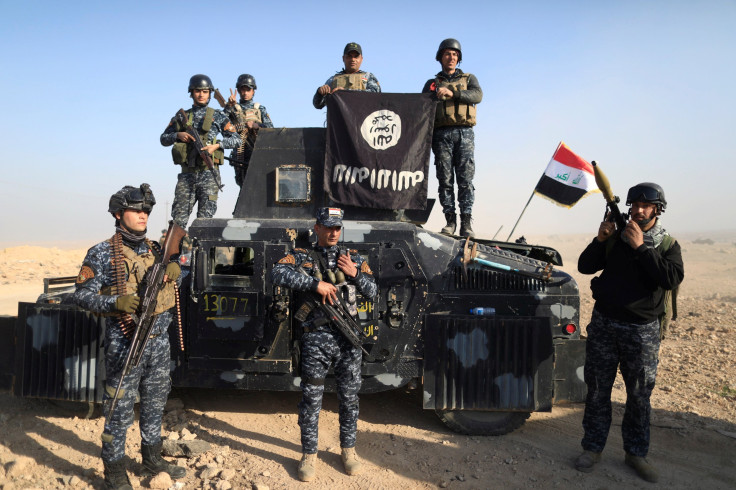ISIS Leader Blows Himself Up By Accident In Botched Suicide Attack

An Indonesian national, who was the commander of Islamic State group militants in Southeast Asia, died fighting in Syria amid a botched suicide attack on troops loyal to Syrian President Bashar Assad. Bahrumsyah died when his car, which was packed with explosives, prematurely exploded before reaching a unit of the Syrian Army near the central city of Palmyra.
ISIS confirmed Bahrumsyah’s death Tuesday, but posted on its Twitter account that the suicide attack by “Abu Muhammad al-Indonesi,” successfully inflicted significant damage on Syrian troops. Abu Muhammad al-Indonesi was the nom de guerre given to Bahrumsyah by ISIS, the Straits Times reported Tuesday.
Read: Google Doodle Honors Indonesian National Park With Facts About Komodo Dragons
Bahrumsyah reportedly was handpicked by ISIS leader Abu Bakr al-Baghdadi to lead a unit of fighters from the Malay Archipelago in the Syrian civil war.
An expert on international terror groups, Ridlwan Habi, told Republika that obituaries and prayers for Bahrumsyah have been pouring in on Twitter from ISIS members in Indonesia.
Bahrumsyah allegedly was instrumental in the planning and funding of a Jan. 14, 2016, terrorist attack at a Starbucks in the Indonesian capital on behalf of ISIS, which killed four civilians and injured 20.
Southeast Asia’s Islamic State head Bahrumsyah reportedly killed in Syriahttps://t.co/YN9BFy6Pn2 via @AsCorrespondent pic.twitter.com/xnXGNZyRr3
— Max Walden (@maxwalden_) March 15, 2017
The U.S. government placed Bahrumsyah on its terrorist watch list last January due to his links to ISIS.
There were at least 22 terror groups in Indonesia that pledged allegiance to al-Baghdadi in 2016, Time Magazine reported. And nearly 600 Indonesians were believed to have traveled to ISIS-controlled territories in the Middle East to fight wars in Iraq and Syria from 2006 to 2016.
When compared to the total population of Indonesia, roughly 250 million, experts say the small percentage of those radicalized by the Islamic extremist group was a testament to an effective counterterrorism police unit established by the Indonesian government after the 2002 bombings on the popular tourist island of Bali. The Bali bombings, which killed 202 people on Christmas Eve, were carried out by Islamic militants, who were trained by and funded by al-Qaeda.
© Copyright IBTimes 2024. All rights reserved.






















